#Charlotte x Edward
Explore tagged Tumblr posts
Text


Prince Edward from enchanted and Lottie from princess and the frog with themes of fairytale aesthetic, true love kiss, and New Orleans aesthetic
Requested by: @maylalupa
-Mod rapunzel
#edit#request#moodboard#mod rapunzel#enchanted disney#Enchanted#princess and the frog#charlotte la bouff#Prince Edward#Charlotte x Edward#Pinkcore#crossover#crossover ship#Crosship#Cross ship#non/disney#Not anon request#moodboard request#ask to tag
17 notes
·
View notes
Text










Jane Eyre (2006) as text posts: pt. 4/?
#these are so funny. to me.#jane eyre#jane eyre 2006#edward rochester#mr rochester#mr. rochester#edward fairfax rochester#jane x rochester#bertha mason#ruth wilson#toby stephens#classic literature#classic lit memes#text post meme#jane eyre text posts#charlotte bronte
482 notes
·
View notes
Text
Jane and Rochester are my favourite couple hands down but funny enough one of my favourite scenes in the book is their breakup. Not only is it filled with such raw emotions and passion but Charlotte Brontë fed us so much poetic symbolism on their wedding night!!!
1. Rochester bridal carries Jane down the stairs when she felt faint. What stereotypically happens on a wedding night? A groom bridal carries his bride to the bedroom to consummate the marriage. Ironic how it’s reversed… they are descending the stairs and leaving the bedroom.
2. Rochester seating Jane in his chair. His chair symbolizes authority and power. Jane sits in his chair because symbolically she now holds the power and authority over what happens to their relationship. Having Rochester place Jane in his chair foreshadows his realization at the end of the scene that he is in fact powerless, and there is nothing he can do to make Jane stay unless it’s of her own free will. His fate lies within her choice.
3. Again, Charlotte plays with the theme of traditional marriage ceremonies and gives Jane & Rochester reverse wedding vows. Typically in the marriage ceremony there is a vow made followed by an “I do”. Charlotte cleverly uses this but makes it a vow of separation between Jane and Rochester. He pleads to Jane if she really means to go and Jane replies “I do”, then Rochester repeatedly asks if she means it after kissing her to which Jane responds “I do” each time.
4. Rochester’s “I could bend her with my finger and thumb” speech. This whole monologue is full of symbolism as Rochester reasons with himself if physical violence would be his last resort in making Jane stay. Nothing he has said could convince her to yield. He knows he is powerless, though there is one place he still knows he holds more power… in his physical strength. He verbalizes in pretty graphic symbolism what would happen if this option would get him what he wants (Jane) but it won’t do. Even if he got to Jane’s body he wouldn’t have her soul (and that’s really what he wants). He realizes the ONLY way he can have Jane is if her will decides it and this is the moment he finally lets her go.
#I just love this scene so much#this is peak literature#jane eyre#jane x rochester#edward fairfax rochester#charlotte brontë#mr rochester
482 notes
·
View notes
Text
get you a man who calls you the weirdest nicknames like mustard seed and firmly believes you’re an elf
#eva reads#jane eyre#edward rochester#mr rochester#jane x rochester#edward fairfax rochester#classic lit#classic literature#classic lit memes#charlotte brontë#brontë#the brontë sisters#brontë sisters#charlotte bronte
204 notes
·
View notes
Text
#jane eyre#charlotte brontë#charlotte bronte#edward rochester#mr rochester#classic literature#classic novels#literary couples#literary polls#19th century literature#jane x rochester
157 notes
·
View notes
Text

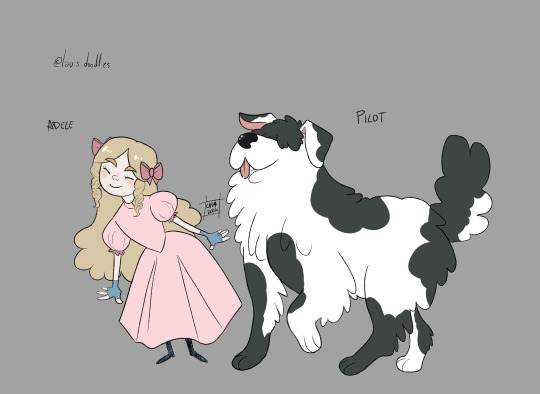
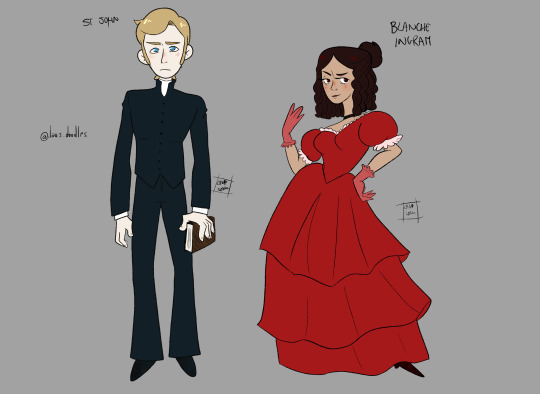
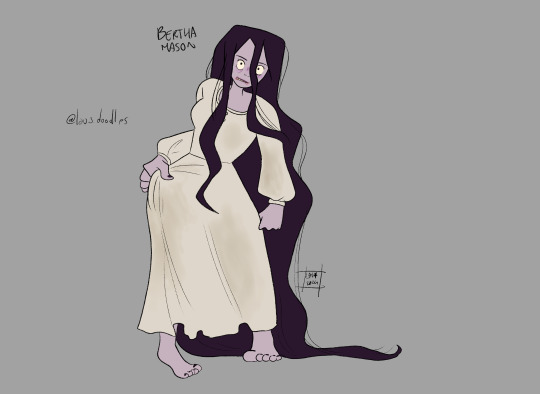
Jane Eyre characterss My friends gifted me this book for my birthay and i loved it!! So here some character design like i did before for Wuthering Heights eheh
#jane eyre#jane eyre book#jane eyre fanart#character design#classical literature#bronte sister#charlotte bronte#edward rochester#bertha mason#st.john#blanche ingram#art#artist#jane x rochester#gothic books
68 notes
·
View notes
Text


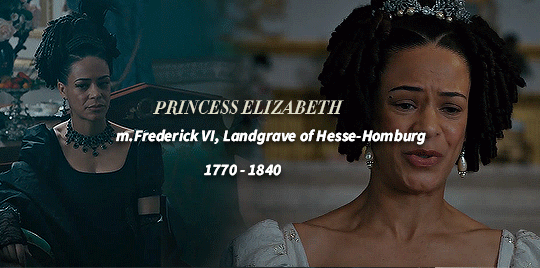

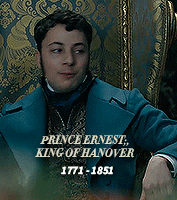
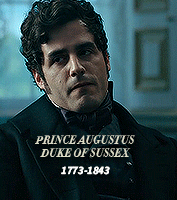


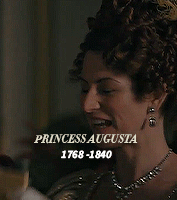
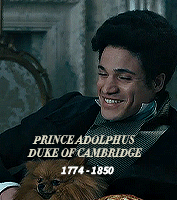
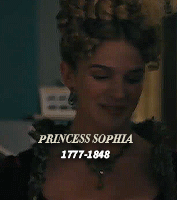
THE CHILDREN OF KING GEORGE III & QUEEN CHARLOTTE OF THE UNITED KINGDOM
The royal couple welcomed a total of fifteen children together, but sadly not all of them survived into adulthood. Two, Prince Octavius and Prince Alfred, passed away in infancy, at the ages of 2 and 4, respectively, from smallpox. Later on, Princess Amelia also sadly died young, albeit it at the age of 27, after succumbing to tuberculosis. As for when their brood started to arrive, it seems George and Charlotte wasted no time in getting to know one another and less than a year into their marriage, on 12 August 1762
#minimmakes#queen charlotte#historyedit#regencysource#regencyedit#bridgerton#queen charlotte a bridgerton story#queen charlotte x george#dailybridgerton#queencharlottedaily#queencharlotteedit#19th century#house of hanover#george iv#william iv#princess sophia of the united kingdom#princess augusta#prince adolphus#prince edward duke of kent#prince frederick#princess elizabeth#requestededit#perioddramaedit#historical fiction#spencershastings#usercharithra#usermyr#userkatiec#tuserlana#gifshistorical
291 notes
·
View notes
Text
the ‘B’ in Byronic Hero stands for ‘ Brown’ actually

/ my own headcanons, no one can convince me I’m wrong
#edward rochester#mr rochester#jane eyre#classic litterature#gothic romance#phantom of the opera#phantom of the opera musical#charlotte bronte#erik destler#erik the phantom#erik x christine#poto art#erik poto
73 notes
·
View notes
Text
If I had a nickel for every time a famous british queen in a TV show had two advisors who were in a secret gay romance with each other that ended tragically, I’d have two nickels. Which is not a lot, but it’s weird that it happened twice.
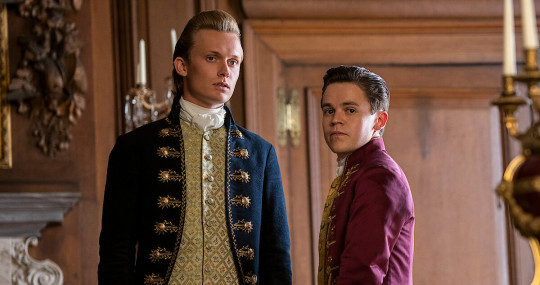
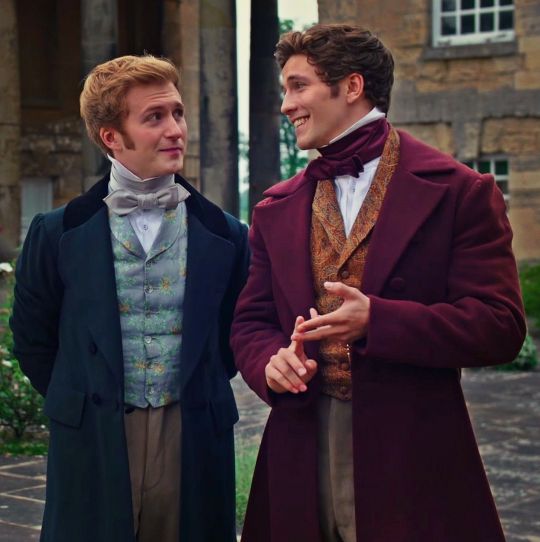
#Alfred and Drummond walked so Brimsley and Reynolds could run#One's red and one's blue and they even have the same hair I CANNOT make this up#I seriously do hope Reynolds isn't dead though#alfred and drummond were robbed#brimsley x reynolds#alfred x drummond#alfred x edward#queen charlotte#bridgerton#queen victoria#victoria#historical gay romance#mlm#pride month
146 notes
·
View notes
Text
I also uploaded 3 new chapters to one of my Jane Eyre fanfics! I think they're pretty decent so I hope you all enjoy them <3
Secrets from the Library of Thornfield Hall by unravelingdreams
#so different from my romantic poet cringey comedy fics#jane eyre#jane eyre fanfiction#mr. rochester#jane eyre x mr. rochester#edward rochester#edward fairfax rochester#jane x rochester#fanfiction#fanfic#my writing#my fanfiction#fic#ao3#archive of our own#charlotte bronte#charlotte brontë#literature#me#unravelingdreams#secrets from the library of thornfield hall
9 notes
·
View notes
Text
Why the Ending of Jane Eyre is Perfect
Quick disclaimer: I am not a qualified academic (which will become increasingly evident if you decide to read this) and I also wrote this at 2AM, meaning there likely will be a lot of errors. I am also aware that parts of this are simply restating facts or well-known analysis of the novel but I feel they help to bridge my thoughts together. I’d love to hear anyone else’s opinions on the ending, or on what I’ve written, just please be kind and respectful.
I often see people talking about how Jane gives up all her freedom to be with Edward, how she’s chained to an unworthy manipulator for the rest of her life. And look, I understand this take.
If Jane had married Mr Rochester the first time around - whether Bertha had existed or not - she would be a victim. She would have very little power in her marriage (though she did foresee this issue when she wrote to her uncle in Madeira) and there wouldn’t be much she could do to rectify her situation. Rochester was her superior in age and in status. She had no connections and it would have been extremely easy for him to cut her off from the world and make her into his pretty housewife (if he so wanted to).
Had the book ended on a successful first wedding, it would be a tragedy. A loss of freedom and a loss of Jane herself. But it doesn’t. That’s why the second part of the book is so compelling because whilst the mystery and romance of Jane’s time at Thornfield is captivating, Jane becomes the heroine we love when she’s free and freezing on the moors.
After these trials, Jane is elevated, in both the world and in her opinion of herself. She is a little older, has family and connections and she has experienced the favour of another man. She found herself in a position of total desperation and has emerged all the better for it. She is not deeply happy while she’s with the Rivers, but she is independent.
She recognises that she is not only “made for labour” as St John attests. But nor is she only a vessel for Rochester’s passion either. She is completely capable of making her own choices concerning her future. Had she chosen to marry St John and travel with him to India, she would have been sacrificing her freedom in another way, and her heart in favour of duty. Instead, she chooses a love which will flourish on her terms, not those of a husband and captor. She decides that she deserves a great love story. Her faith is of the utmost importance to her, but she must also place belief in her own desires.
Mr Rochester absolutely was unworthy of her. I say “was” because by, the end of the novel, I would argue that he is as much changed as Jane. He has lost his reputation, much of his fortune, and a great deal of his physical ability. He has had to learn what it’s like to be forsaken by all those around him - as Jane was in her childhood. He has also lost his greatest purpose, Bertha.
Now, I hear you say “but Phi, Rochester hated Bertha!” and you are correct however…
Bertha had become such an intrinsic part of Edward Rochester’s life over their fifteen years of marriage. He sees her as his burden but also as an outlet for blame. He needs Bertha because then he never has to take accountability. While Bertha lives, each of Rochester’s actions can, arguably, be rationalised by her existence.
I regularly hear people talk about how both Bertha and Jane are reduced to being “just wives”. However, whilst I like to believe that Mr Rochester tries to save Bertha from the fire because he finally sees the humanity in her, I think part of the reason he goes up there, to the roof and to near certain death, is because he doesn’t know what he will be if not the tortured husband of Bertha Antonietta Mason. No, his marriage is not a public one but we see how it consumes him. In Edward’s mind, his marriage absolves him of his moral duty to his god and to his fellow man.
Bertha’s death is not just a convenient plot device which allows Jane to return to Mr Rochester without compromising her values. As heartbroken as it makes me, Bertha must die.
Mr Rochester must be able to let her go entirely, along with all the excuses her life and dependency gives him, for him to truly address his faults and finally be deserving of Jane.
How we know definitively that he has changed, though, is because he isolates himself once more. He reduces his staff. He lives a solitary existence. He does not try to better his circumstances nor does he try to travel to Europe in search of his former comforts. He is not the man he once was.
He is ashamed, rightfully of his actions, wrongfully of his disabilities. He is miserable without Jane.
He has nothing, he even admits that he believed Jane to be dead.
Yet still, he lives. I think he stays alive because he’s trying to find, within himself, the faith which Jane encouraged him to seek when they parted. If Jane is dead, as he thinks, he must honour her in living as she wanted him to.
This is why Brontë’s ending is perfect. Jane doesn’t have to sacrifice all for love. She retains her money and her new-found family and most importantly, her spirit.
If she wanted to, she could make Edward her Bertha. She could lock him away and live as a single, or widowed, young woman. But she won’t. We know she won’t, because redemption and forgiveness are so vital to Jane’s belief system. She forgives Aunt Reed for her cruelty, and St John for his callousness. She says it herself, when she tells Mr Rochester that she must leave him: “I forgave him all, yet not in words”.
Jane is not weak. She forgives those who she deems worthy. She would not return to Mr Rochester, would not marry him and be his loving wife, if she wasn’t certain he had at least begun to redeem himself. No, he is not perfect (and far from it) but he doesn’t have to be. Thanks to Charlotte Brontë’s skilful prose, Jane and Edward feel like real human beings and human beings have deep flaws, fissures which run deep through each and every one of us. To expect Edward to be a perfect man, is akin to Mr Rochester affirming that Jane is an “angel” following the proposal. Jane rejects this idea because she does not require divinity or perfection from herself or anyone else, so why should we?
Of course, given the book’s socio-historical context, many of Jane’s views on her autonomy were controversial, progressive, and empowering for the women who read her story.
Naturally, this message doesn’t hold the same weight today, as we live in the fourth-wave of feminism. However, I’ve always found it exceptional that Jane still chooses Edward, in spite of his disability.
Even today, disabled people are often regarded as inferior romantic partners. I’ve seen this in the way self-proclaimed feminists online claim that Jane is forced to be Mr Rochester’s nurse now that he is disabled (as if Edward is evil for not turning her away - and he does give Jane that heart-wrenching option). I don’t quite know how to articulate just how awful and ableist it is to say things like that.
So, in conclusion, I believe that the end of Jane Eyre is perfect because it draws the novel to a close in a manner which is cohesive with what Jane has always longed for - love, freedom and a sense of belonging. She is able to attain all of this without hurting others unnecessarily. She has been broken down and so has Edward.
Together, with care and tenderness, they can build up their home, and their lives anew.
#mine#classic lit#books#jane eyre#charlotte brontë#opinion#edward fairfax rochester#jane x edward#bertha mason#add a cut
63 notes
·
View notes
Text
Gotham Incorrect Quotes Pt 173
Oswald: I love you, Ed. I love you so much that I will do as you wish. If you do not love me, say you do not love me, and I will go.
Ed: I am a madman. I am a danger. In my mind there are different worlds creeping in. The heavens and earth collide, I do not know where I am.
Oswald: Do you love me?
Ed: You do not wish a life with me for yourself. No one wishes that.
Oswald: Ed! I will stand with you between the heavens and the earth. I will tell you where you are. Do you love me?
Ed: I love you!
Ed: From the moment I saw you smile at me from across the table, I have loved you desperately. I cannot breathe when you are not near. I love you. My heart calls your name.
Ed & Oswald: *kiss*
#gotham incorrect quotes#gotham#tv#dc#lgbtq+#nygmobblepot#riddlebird#ed nygma#the riddler#oswald cobblepot#the penguin#oswald x edward#ships#shipping#otp#ship dynamics#queer headcanons#canon queer characters#queen charlotte#queen charlotte netflix#mlm characters#2x09#3x01#season 2 episode 9#season 3 episode 1#love confessions
52 notes
·
View notes
Text










Jane Eyre (2006) as text posts: pt. 6/?
#jane eyre#charlotte bronte#charlotte brontë#jane eyre 2006#edward rochester#edward fairfax rochester#mr rochester#mr. rochester#jane x rochester#toby stephens#ruth wilson#classic literature#classic lit memes#text post meme#jane eyre text posts
149 notes
·
View notes
Text
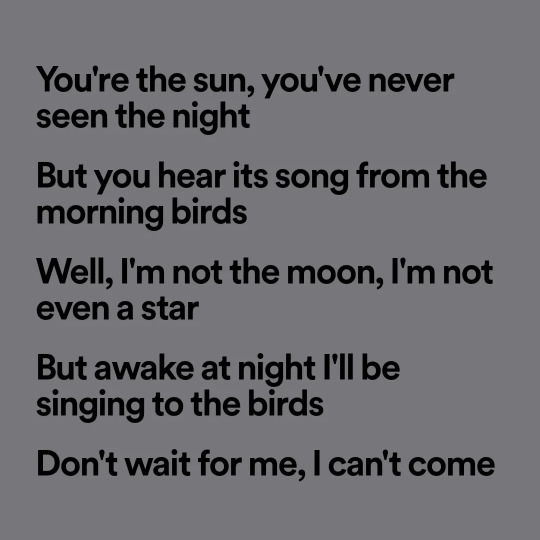




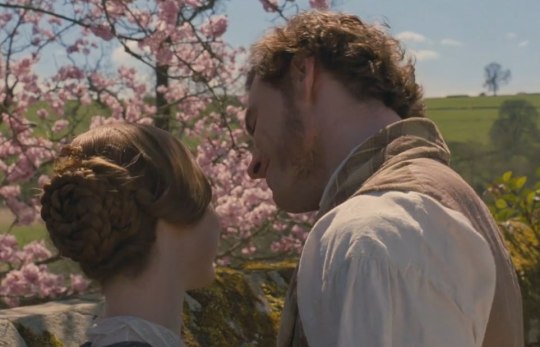
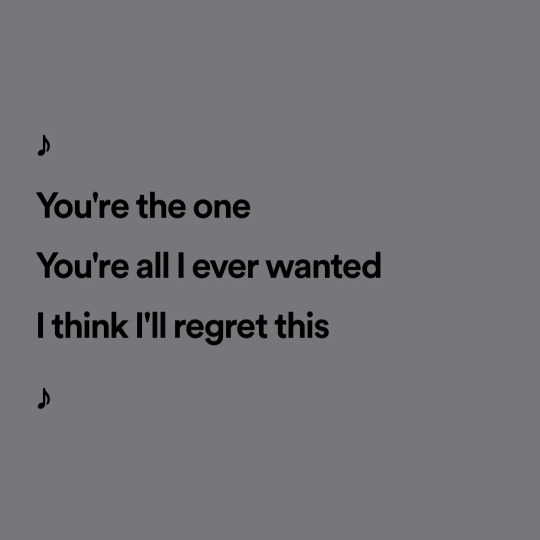

Jane & Edward
+ songs that makes me think of them
Edit: i made a playlist
#y'all i'm not normal about them#just read this after my obsession for wuthering heights#sigh#jane eyre#aesthetic#edward rochester#jane x rochester#classic literature#charlotte bronte
9 notes
·
View notes
Text

a little kiss on the cheek!
#jane eyre#pixel art#edward rochester#mr rochester#jane x rochester#classic literature#classic lit#english lit#english literature#edward fairfax rochester#victorian#charlotte brontë#charlotte bronte#eyreposting
27 notes
·
View notes
Text
#literary polls#jane eyre#wuthering heights#mr rochester#heathcliff#edward rochester#gothic novel#classic novels#classic books#classic literature#19th century literature#bronte sisters#charlotte bronte#emily brontë#british literature#romance novels#emily bronte#charlotte brontë#jane x rochester#heathcliff x catherine#romantic novels
8 notes
·
View notes